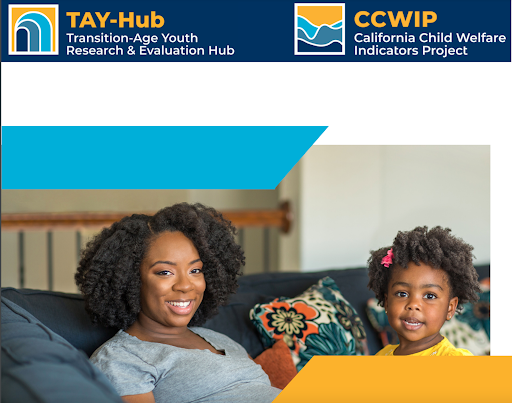A new report from Young Minds Advocacy makes the case that the publicly funded mental health system for children in California needs a shake up.
Released last week to coincide with Mental Health Awareness Month, the report argues that California needs to adopt a comprehensive vision of children’s mental health. Responsibility for the mental health needs of California’s most vulnerable children is spread out among a Byzantine system of federal and state funding streams and child-serving agencies. As a result, the coordination of care spread amongst an array of different mental health programs is often challenging, according to Patrick Gardner, president of Young Minds Advocacy.
In California’s Children and Youths’ System of Care: An Agenda to Transform Promises Into Practice, Gardner estimates that more than one quarter of a million eligible California children with serious mental health needs failed to receive Medi-Cal assistance and that only 17 percent of the eligible special education students receive mental health services as part of their individualized education plans (IEPs).
An emerging concern for children’s mental health advocates is declining penetration rates — or the percentage of eligible youth who access any type of care — children who rely on Medicaid for health care. In California, nearly 50,000 fewer children have received Early, Periodic, Screening, Diagnosis and Treatment (EPSDT) services in recent years. The EPSDT program is responsible for delivering the specialty mental health services that foster youth often require.
Access also varies widely across the state. For example, in Fresno County, children are only about 40 percent as likely to receive mental health services, and the services they do get amount to less than half the value of services, as compared to their peers in Alameda County.
Another barrier to comprehensive, quality care is the lack of coordination for children with serious mental health needs who are involved with multiple child-serving systems, such as child welfare, juvenile justice, special education and specialty mental health.
Gardner has a few ideas about what would guide the state toward “a system of care that puts children, youth, and families first.”
He suggests that the state should plan for ways to extend full and equal access to mental health services across the state. Part of the solution would be to develop a “One Child, One Plan” intervention. Such an approach would “calm the cacophony of confusing and alienating interventions and goals confronting youth and their families” who are involved with multiple systems.
Other ideas for improving children’s mental health in California include developing a shared wraparound model, better evaluation of mental health programs and the proliferation of evidence-based practices through pay-for-performance-and-quality contracting by child-serving agencies and providers.
Read the full report from Young Minds Advocacy here.
[pro_ad_display_adzone id=”26904″]






